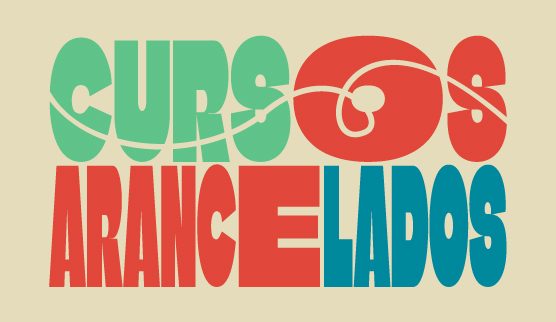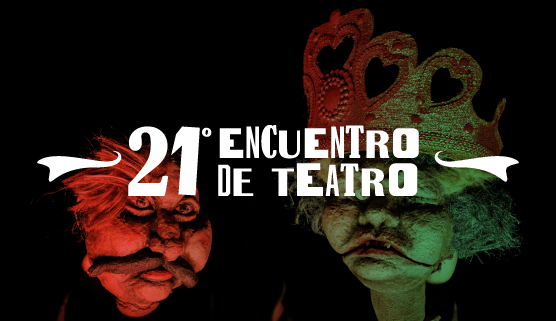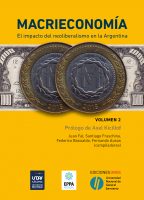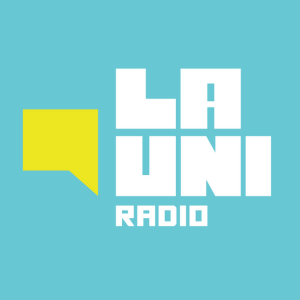Dispositivos, resistencias, modos de politizacion. Un estudio sobre la relacion capital-trabajo en grandes empresas.
This thesis analyzes the singularities that the capital-labor relationship adopts in large companies in the services sector. Specifically, large supermarket chains and outsourced call center companies installed in Greater Buenos Aires. The research is carried out between 2001 and 2008. Based on the conceptual and empirical approach, we define three structuring axes for the analysis: Entrepreneurial devices, Labor Resistances and Politicization Modes of workers' organizations.
Three entrepreneurial devices are built based on the singularities that the capital-labor relationship adopts in the studied companies: 1) The exaltation of the weakness of work, 2) The exile of otherness, 3) Immediate depletion. Later we defined and founded certain fields of affectation that we consider significant for the approach to resistance practices: time, subjectivity and the collective mode of existence. Each of these dimensions tries to make the starting point of this research more complex: the foundation of the resistances lies in the particularities of the work force, which is housed as a power in people capable of a social practice. The transformation of the labor force into effective work will be the result of a struggle between capital and labor that takes place in the business establishments. We maintain that this transformation can be approached from the analytical distinction of three transits: the transformation of the worker's time into work time; the transformation of work as subjectivity in objectified work and, the transformation of the serial-competitive existence of the mercantile order into antagonistic cooperation in companies. After this conceptual foundation we made an empirical approach to the resistance practices exercised by the workers of the companies studied.
In function of the revaluation of the practices of resistance around the construction of alternative ways of collective existence to the mercantile and factory, we are devoted to debate the union form and different organizational experiences of the workers. We define three modes of politicization of organizations: 1) Radical depoliticization, 2) A politicization surrounded, 3) A molecular and perishing politicization.







